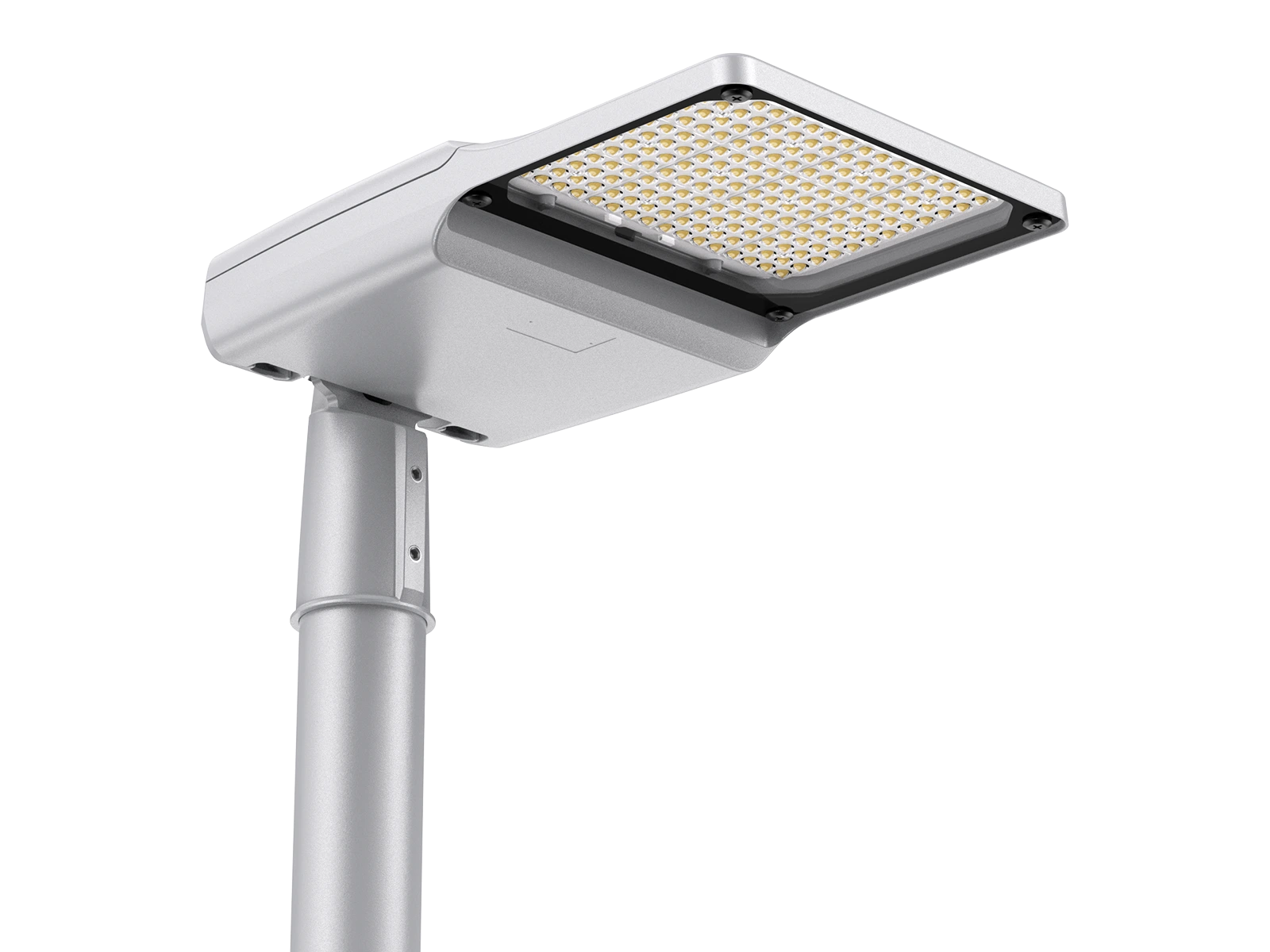Entering recovery from alcohol addiction is a huge step in a person’s life. It’s a huge step forward in a person’s life, having gone through the challenges of withdrawal and often treatment too. But the challenges don’t stop after you’ve left the alcohol rehab recovery. In fact, it’s where the hard work really begins.
Entering the world sober has many challenges, and that first week of recovery can be crucial in getting off to a strong start. So, if you’re in that position, or you’re about to venture out into the wide world for the first time sober, here are four things you should do and ensure you have in place…
Build a Support Network
Having a support network in place is absolutely vital in the early stages of recovery. It’s indeed important throughout recovery as triggers and temptation can come into play on day one, or even day 51, 101 and 751. They can appear at any time and having a group of people that you can rely on in their support is crucial.
That may be family or friends, or it may be a group such as Alcoholics Anonymous or similar within your community. Here you’ll find people who are going through exactly the same as you and you’ll find plenty of valuable advice, encouragement and experience to get you through the difficult times. And likewise, you can be there for others when they need your help too.
Create a Structured Routine
One of the most effective ways to support your recovery in the first week is to create a structured daily routine. Drinking may have been a significant part of your life and filling that void with positive activities is key to maintaining focus. Boredom and lack of structure can be triggers for relapse, so it’s important to keep your mind and body occupied.
Start by planning your days carefully—whether it’s scheduling time for exercise, preparing healthy meals, attending meetings, or engaging in hobbies. Physical activity, even if it’s just a daily walk, can help reduce stress and improve your mood. Developing healthy routines gives you a sense of purpose and achievement, and keeps you distracted from cravings.
Identify and Avoid Triggers
During your first week of recovery, it’s important to identify and avoid any potential triggers that might make you want to drink. These could be certain environments, social situations, or even specific emotions like stress or boredom that used to drive you towards alcohol.
For example, if you’ve previously associated socialising with drinking, consider avoiding bars or events where alcohol is likely to be present. Instead, seek out sober-friendly activities such as coffee dates with friends, cinema outings, or fitness classes. You should also avoid people who may encourage you to drink or downplay your decision to stop. Reframing your social interactions to revolve around positive, alcohol-free environments will make it easier to maintain your sobriety during the critical early stages of recovery.
Focus on Self-Care
Recovery from alcohol dependency isn’t just about quitting drinking; it’s also about rebuilding your physical and mental well-being. The first week is an excellent time to prioritise self-care, which can help you manage stress, support emotional healing, and rebuild a healthier lifestyle.
Start by paying attention to your diet. Alcohol often depletes the body of essential nutrients, so it’s important to eat balanced, nutritious meals to support your body’s recovery. Drinking plenty of water will also help flush toxins from your system and alleviate some withdrawal symptoms.
In addition to physical care, make time for activities that support your mental well-being. This might include meditation, journaling, or practising mindfulness techniques. Engaging in activities that help reduce anxiety and promote relaxation can make the first week of recovery more manageable. Sleep is also a vital part of recovery—your body needs rest to heal, so try to establish a regular sleep routine and avoid late nights.





